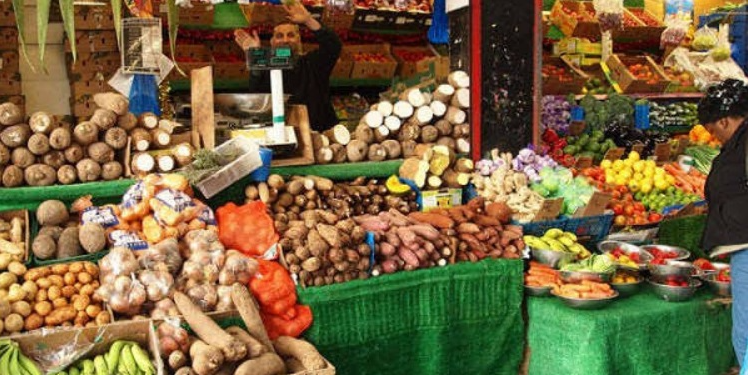The United States Department of Agriculture (USDA) and the Nigerian Economic Summit Group (NESG) have tasked the Federal Government to establish policies and regulations to drive high food safety standards.
As over 70 percent of food exports from Nigeria are rejected abroad, experts at the third workshop on ‘Food and Feed Expertise Coordination’ this week in Abuja stressed the need to drive food safety.
This was according to a statement from the USDA on Thursday, which was seen by Nairametrics.
The NESG CEO-Designate, Dr Tayo Aduloju, was quoted as saying:
- “Nigeria’s commitment to upholding the highest food safety standards is paramount to our nation’s well-being and progress. By collaborating and pooling our collective expertise, we can strengthen regulatory frameworks and enhance the overall quality of food and feed in our country.
- “Nigeria has over 70 million hectares of agricultural land, a massive potential for economic growth and development. However, for the sector to thrive, we must have effective regulatory, institutional, and policy frameworks. Frameworks that address the gaps in food and feed safety systems will not only improve the well-being of citizens but also impact Nigeria’s position in international trade. To benefit effectively from the AFCTA, reforming food and feed safety systems in Nigeria is inevitable.
- “As we navigate an ever-evolving global landscape, the importance of efficient food and feed safety systems cannot be overemphasized. Our shared goal is to safeguard public health, guarantee the integrity of our agricultural produce, and ensure consumer confidence in the products that reach their tables.”
Also, Dr. Emmanuel Odu, Senior Special Advisory to the Coordinating Minister of Health and Social Welfare (who represented Prof. Mohammed Ali Pate, Coordinating Minister of Health and Social Welfare), emphasized that citizens deserve access to nutritious, safe food that promotes well-being.
He also disclosed that the Ministry plans to validate the revised National Policy on Food Safety & Quality and its Implementation Plan, 2023, as well as launch the first National Integrated Guidelines for Foodborne Disease Surveillance and Response.
He added:
- “All these steps are deliberate efforts put in place by the Ministry to ensure we attain the required National Health Security Status in Nigeria.
- “The revised policy will look at new and emerging areas that will improve the regulatory, enforcement, and data-gathering system to ensure it is more effective, efficient, and robust, while the guidelines will set the roadmap for the integrated surveillance of foodborne diseases and establish the protocols for the response to food safety emergencies in the country.”
The President of the Food and Agriculture Export Alliance (FAEA), Kent Sission, noted that the organization is collaborating with Nigerian government agencies responsible for ensuring the safe production and consumption of food and animal feed.
He added that the organization also works with the USDA, USAID, the University of Missouri, and the NESG.
More Insight
The USDA, alongside the NESG, the FAEA, the USDA, the University of Missouri (MU), and Nigeria’s Federal Ministry of Health and Social Welfare, organized the third workshop on “Food and Feed Expertise Coordination” to launch a three-day program for high-level officials and technical experts from the Nigerian food industry and regulatory bodies to advance the action plan drafted as the end of a previous workshop held in December 2022.
To offer a long-term food safety and quality framework for implementation across Nigeria, new Technical Working Groups (TWGs) will provide the necessary expertise and leadership to enable effective communication, capacity-building, and strategic partnerships among stakeholders.
Considering the importance of food to the health and well-being of Nigerians, the three-day food safety expert workshop builds on last year’s Food and Feed Safety Transformation Dialogue, during which stakeholders challenged the government to pass the National Food Safety and Quality Bill into law.
According to the statement, the United States provided helpful advice for Nigeria’s food quality and safety agenda based on its own experiences implementing the US Food Safety Modernization Act.
At the end of the workshop, the Food Safety Committee provided direction to the TWGs on how to provide insightful feedback that can be used to inform regulatory decisions.
